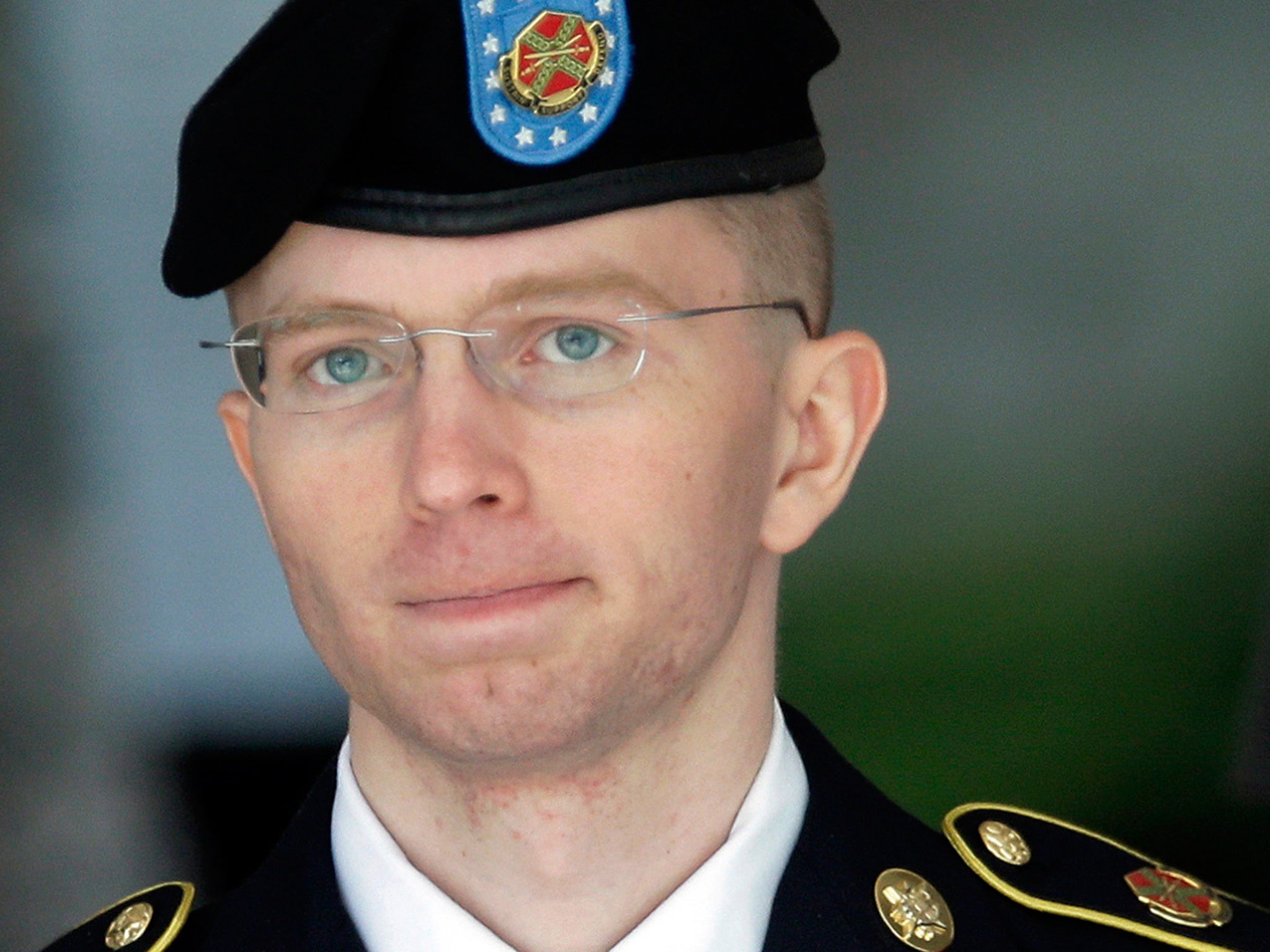Pentagon to allow transgender people to serve in the US military
Plans are being finalised after months of talks

Your support helps us to tell the story
From reproductive rights to climate change to Big Tech, The Independent is on the ground when the story is developing. Whether it's investigating the financials of Elon Musk's pro-Trump PAC or producing our latest documentary, 'The A Word', which shines a light on the American women fighting for reproductive rights, we know how important it is to parse out the facts from the messaging.
At such a critical moment in US history, we need reporters on the ground. Your donation allows us to keep sending journalists to speak to both sides of the story.
The Independent is trusted by Americans across the entire political spectrum. And unlike many other quality news outlets, we choose not to lock Americans out of our reporting and analysis with paywalls. We believe quality journalism should be available to everyone, paid for by those who can afford it.
Your support makes all the difference.Leaders at the Pentagon are finalising plans designed to lift the ban on transgender individuals in the military, with the goal of formally ending one of the last gender- or sexuality-based barriers to military service.
An announcement is expected this week, and the services would have six months to assess the impact of the change and work out the details, the Associated Press said on Monday.
Military chiefs apparently wanted time to methodically work through the legal, medical and administrative issues and develop training to ease any transition, and senior leaders believed six months would be sufficient.
The officials said Defense Secretary Ash Carter has asked his personnel undersecretary, Brad Carson, to set up a working group of senior military and civilian leaders to take an objective look at the issue.
One senior official said that while the goal is to lift the ban, Mr Carter wants the working group to look at the practical effects, including the costs, and determine whether it would affect readiness or create any insurmountable problems that could derail the plan. The group would also develop uniform guidelines.
During the six months, transgender individuals would still not be able to join the military, but any decisions to force out those already serving would be referred to the Pentagon's acting undersecretary for personnel, the officials said. One senior official said the goal was to avoid forcing any transgender service members to leave during that time.

In a statement to AP, Mr Carter said: “We must ensure that everyone who’s able and willing to serve has the full and equal opportunity to do so. And we must treat all of our people with the dignity and respect they deserve. Going forward the Department of Defense must and will continue to improve how we do both.”
The New York Times said there were perhaps as many as 15,000 transgender people in the military at 15,000.
But it said that much like gays and lesbians under the “don’t ask, don’t tell” policy, which was lifted in 2011, the current rules have forced transgender people into a precarious existence in the ranks. The lucky ones have superiors who look the other way while the less fortunate must keep their transgender status a secret.
Reposts said some of the key areas to be looked at by the working group would include whether the military would conduct or pay for the medical costs, surgeries and other treatment associated with any gender transition.
Officials said the military also wants time to tackle questions about where transgender troops would be housed, what uniforms they would wear, what berthing they would have on ships, which bathrooms they would use and whether their presence would affect the ability of small units to work well together. The military has dealt with many similar questions as it integrated the ranks by race, gender and sexual orientation.
“Obviously this isn’t finished, but Secretary Carter's clear statement of intent means that transgender service members should and will be treated with the same dignity as other service members,” said Allyson Robinson, of Service members, Partners, and Allies for Respect and Tolerance for All, or SPARTA.
The move follows several weeks of high level meetings in the Pentagon among top ranking military chiefs, secretaries and Defence Department leaders, including one on Monday involving Mt Carter and the chiefs of the various services.
The transgender issue came to the fore as the military struggled with how to deal with Chelsea Manning, who was convicted of leaking information to Wikileaks. She had requested hormone therapy and other treatment while she is in prison.
Manning, arrested as Bradley Manning, is the first transgender military prisoner to request such treatment, and the army approved the hormone therapy, under pressure from a lawsuit.
The development came as the executive committee of the Boy Scouts of America, unanimously approved a resolution that would end the organisation's blanket ban on gay adult leaders and let individual Scout units set their own policy on the issue.
Units sponsored by churches opposed to the change could maintain the ban if they choose.
Join our commenting forum
Join thought-provoking conversations, follow other Independent readers and see their replies
Comments